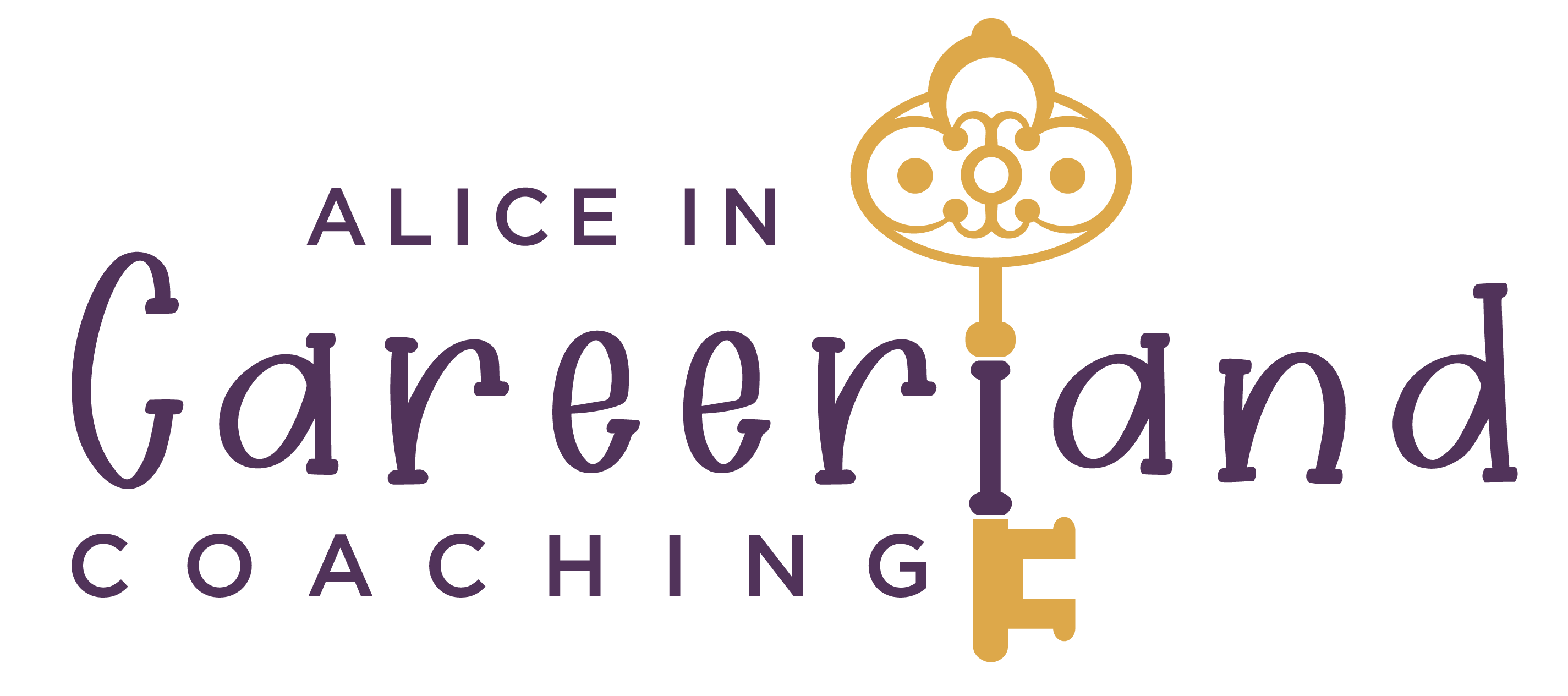You might be looking for a new job, getting back into the game after some time off, or want a competitive advantage when negotiating your next raise. The question is, what are your salary expectations?
You will most likely be asked this question early in the interview process. This is for the recruiter or hiring manager to determine if your expectations align with what they are willing to offer for this role. They can also ask you this question to check if you are overqualified or if you know your worth in the market.
1. Give a range
You should research the position to determine an average salary range. Google is your best friend, and take help from websites such as Salary.com, Payscale.com, Glassdoor.com, and Indeed.com.
What to include in your research
• Job title
• Experience & Skills
• Location (local taxes, cost of living).
• Employer (EVPs, reputation, culture, benefits).
Recruiters often ask what your current salary is. You can disclose it to the recruiter but give reasons as to why you are expecting a raise. If you’d prefer to keep your present salary private, you can say that you would like to negotiate based on what you have to offer the company with your skills and experience. In this case, do your market research and be prepared to give a salary range instead.
2. Dodge or flip the question
You eventually have to give your expectations, but if this question is asked too soon before you have a complete understanding of what the role entails, you can dodge the question by saying something like: “Before I answer, I would like to find out a bit more about the role and your company so I can give you my precise expectations.”
You can also flip the question back to the recruiter by saying something like, “I am pretty flexible regarding salary. What is the range for this position?.” If the recruiter mentions a range lower than what you were expecting, you can say something like, “I was hoping for between x and x, but I am open to negotiating based on the entire benefits package at a later stage.”
3. Be open to other forms of compensation
Factor in the company’s benefits, such as health insurance, wellness allowance, vacation days, remote working allowance, and maybe stock options. These benefits might not come with your paycheck every month, but with time they stack up and affect important aspects like work-life balance and company culture/work environment.
Examples of what you can reply
• “I am flexible and open to discussing salary for this position. I have significant experience and skills in this area, which I believe adds much value to my application. After doing some research, I believe that similar roles to this pay between €50K-€70K per year, so I would anticipate that the salary for this role would fall in the higher range of that bracket due to my background and what I believe I can bring to the company.”
• “I expect between €40K – €50K per year. This is an acceptable salary range, given my experience, industry knowledge, and skills. However, I am willing to negotiate and am quite flexible.”
What not to do ❌
1. Give an exact amount. Always provide a broad salary range (10K range is usually good).
2. Give a salary expectation that is too high. Refrain from mentioning a salary range much higher than the market/industry average.
3. Come unprepared. Researching the average salary range for the position will help you to not sell yourself too short or aim too high.
Top take-aways ✅
1. Research salary ranges according to job title, skills, location, and employer reputation.
2. Have a range prepared before you come to your first interview.
3. Be open to negotiation and other forms of compensation.
4. Be open-minded and remember this phrase: “I am willing to negotiate and am quite flexible.”

